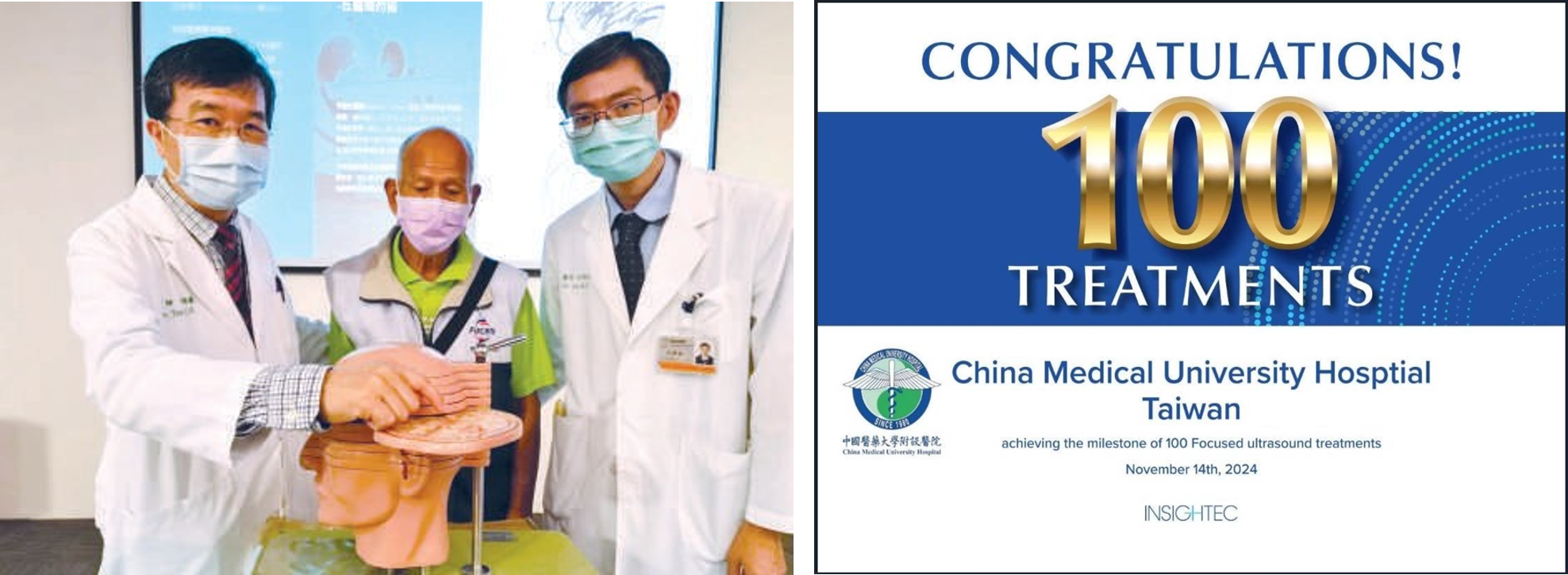Department Introduction
Neurology | Our Speciality
:::
Our Speciality
MRgFUS
CMUH is the first medical center in Taiwan equipped with MR-guided focused ultrasound to treat medication-refractory tremor in patients with Essential tremor and Parkinson's disease. The precise and personalized pre-treatment planning guaranteed excellent treatment outcome.
.JPG)


▲
